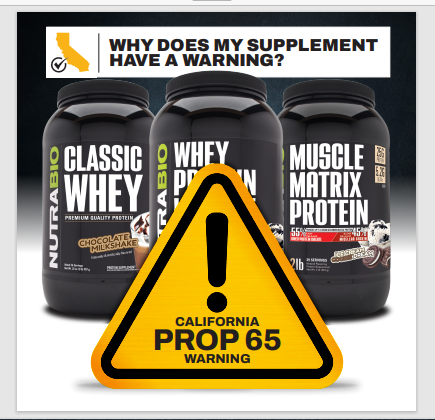EndurElite Chief Endurance Officer Matt Mosman discusses if NSAIDS (non-steroidal anti-inflammatory drugs) are beneficial or detrimental for runners, cyclists, OCR, and other endurance athletes
What Are NSAIDS And Should Endurance Athletes Take Them?
- NSAIDS (short for non-steroidal anti-inflammatory drugs) are a type of over the counter medication.
- They are used to reduce pain and inflammation.
- Some endurance athletes choose to use NSAIDS before, during, and after endurance exercise to blunt fatigue and minimize muscle pain and inflammation the next day.
- While this may provide short-term relief there are long term consequences.
- Chronically taking NSAIDS can interfere with the body's natural healing process, blunt long term adaptations to exercise, make repaired muscle tissue weaker, and may cause acute kidney damage.
- Take home point. Scheduled recovery days, plenty of carbs and protein, and adequate sleep are the best recovery methods.
Full Video Transcription:
Ever wonder if chronically popping ibuprofen and other NSAIDs before, during, and after endurance exercise in order to blunt fatigue and minimize muscle soreness and pain the next day is a good idea? That is gonna be the topic of our extended 60-second brain bomb for today.
Taking NSAIDS After Exercise Is A Bad Idea
So, I don't know about you, but I have a lot of friends who pop ibuprofen like candy, like literally every day before and after endurance exercise. And they jokingly refer to it sometimes as vitamin I, which what a knee-slapper. That's funny, but it's not because overall, taking NSAIDs before, during, and after endurance exercise is a bad idea because it can interfere with the body's natural healing process. It can blunt long term adaptations to endurance exercise. It can affect how strong the muscle tissue is when it's being repaired. And in some cases, when you take it during endurance exercise, it could cause acute kidney damage.
The 3 Stages Of Muscle Recovery
Now, to understand why NSAIDs affect this, we first have to understand how muscles are repaired. So we're gonna kind of discuss the three physiological steps muscles go through and then we'll come back and we'll explain why NSAIDs affect us and why, again, it's a bad idea.
Phase 1: Inflammation
So, when muscles are being repaired, it goes through three different phases: inflammation, repair, and remodeling. Now, during the first phase, prostaglandins are produced. And basically what this does is it jump-starts the pain and inflammation process, which is perfectly okay. There's nothing wrong with that. They also widen blood vessels so more blood gets to the damaged area so it can be repaired. So that's phase one.
Phase 2 & 3: Muscle Repair & Remodeling
Now, the next two phases, the repair and remodeling kind of go hand in hand. And this is where new muscle fibers and other connective tissue is created to basically repair the damaged area and get the muscle back to homeostasis or to rebuild and regrow.
NSAIDS Cause An Issue In Phase 1 Of Muscle Recovery
So the problem really comes in during phase one as it relates to NSAIDs because NSAIDs basically lessen the production of the prostaglandins. And when that happens, the vasodilation of the blood vessels don't happen and less blood gets to the damaged area. And then to boot, this also affects the strength of the muscle fibers and connective tissues being produced to repair the damaged area.
So what you end up with is a weaker muscle tissue repair instead of just letting your body kind of naturally heal itself without the use of NSAIDs. So that's why it's a bad, bad, bad idea to take NSAIDs after endurance exercise, again, to minimize pain and soreness.
NSAIDS During Exercise Can Cause Acute Kidney Damage
Now, what about during? Well, there's actually quite a few studies. And one was following a bunch of ultra-marathoners. And what the researchers had these ultra-marathoners do is pop ibuprofen every four hours during this ultra-marathon. They did a lot of blood testing during this. And basically what they found is that ultra-marathoners who popped the ibuprofen during the race had blood markers indicative of kidney damage, which we do not want kidney damage. So, that is another reason why you do not wanna take NSAIDs during endurance exercise or before or after for that matter.
Skip The NSAIDS & Stick With These Tried And True Methods Of Recovery
So, now that we know why we shouldn't take NSAIDs before, during, and after endurance exercise, what should we do to minimize pain and inflammation and let the body heal?
- First of all, just let your body do its natural thing and heal accordingly.
- Other things you can do to promote the healing process is taking recovery days.
- Make sure you're eating enough protein and carbs and get plenty of sleep.
That is the best, best recipe for you to recover faster and minimize muscular soreness and pains. NSAIDs is not the answer. Cryotherapy is not the answer. Ice baths are not the answer. So, that is all I have today on NSAIDs and other anti-inflammatories and why you should never ever take them chronically before, during, or after endurance exercise.


